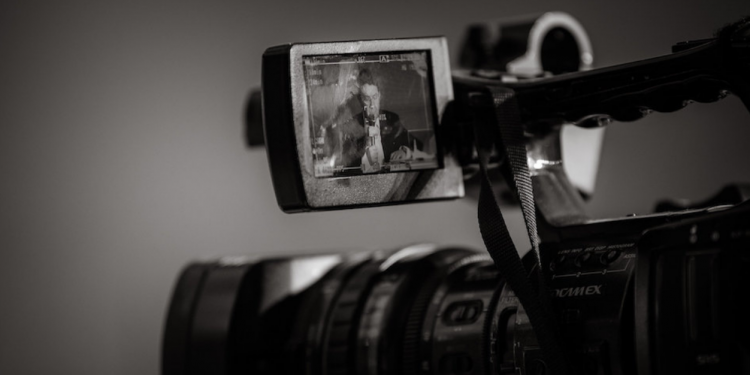The power of the media is a scary thing. We are but small individuals in a big, wide world; forced to learn about what’s happening on the other side of the world only through what’s reported in the media. This, in turn, gives the media the absolute power and autonomy to decide what things are worth highlighting, and what issues are relegated to being swept under the rug.
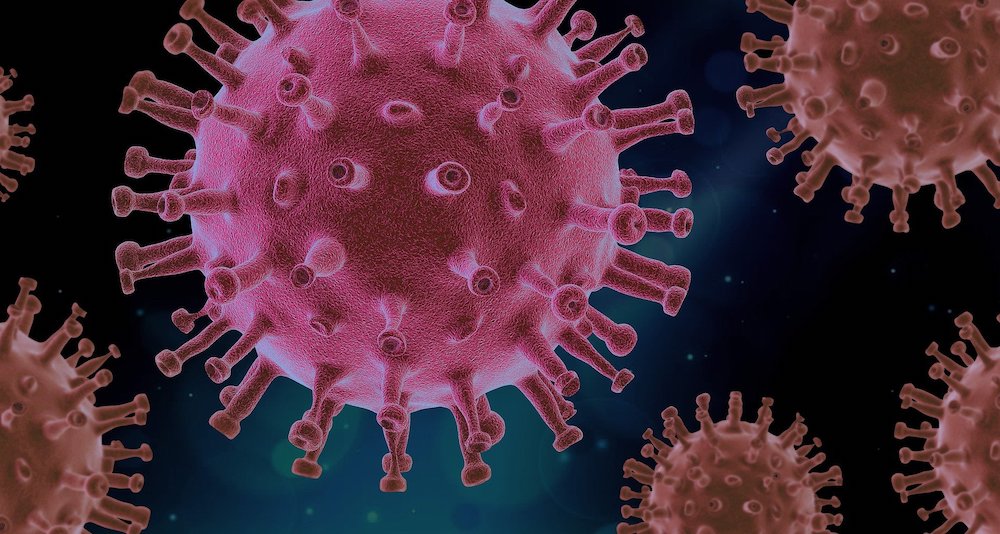
More than a year on, the world is still trying to find a grasp on the ongoing COVID-19 pandemic. Even with hopeful news of vaccines being rolled out in various countries, many places are still struggling with high numbers of cases. In order to understand the whole situation better, let’s backtrack all the way to the start of this ordeal, and take a quick look at how the Chinese media portrayed the outbreak.
How does Chinese censorship work?
In fact, many might not know this, but China isn’t connected to the same Internet that the rest of the world has access to. Rather, they operate on a form of intra-country intranet, which works something like a firewall. Google, WhatsApp, Facebook, and Twitter are all not accessible within the country unless an individual uses a virtual private network (VPN).
The Chinese government also tries to clamp down on use of VPNs, issuing a notice to Apple to remove all availability of VPNs from its Chinese app store. Apple has complied; Google, on the other hand, did not allow Chinese officials to censor their search results and was subsequently blocked in the country.
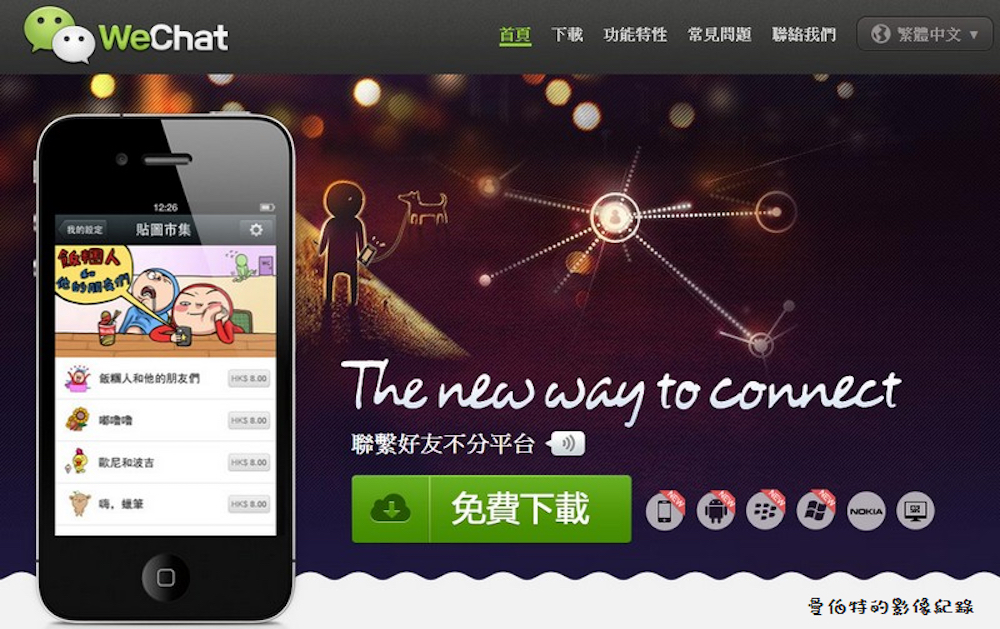
Users’ daily interactions are also monitored via WeChat, an app that is widely used in China. During periods of political elections, certain keywords will render posts blocked or deleted. Too controversial a content, and Chinese citizens might just find state security officials at their door. The person setting up group chats has also been made to assume responsibility for the content of the group messages, making citizens extra wary of what they say or imply.
Every Chinese newspaper or television station is also tightly controlled by the government with digital platforms under close scrutiny as well.
How did things unfold?
Rampant rumours spread like wildfire
When the case was reported in China back in December 2019, the China government faced a daunting task. They had their work more than cut out for them; rumours about the outbreak spread like wildfire online and, as with all rumours, not everything said was aligned with the truth.
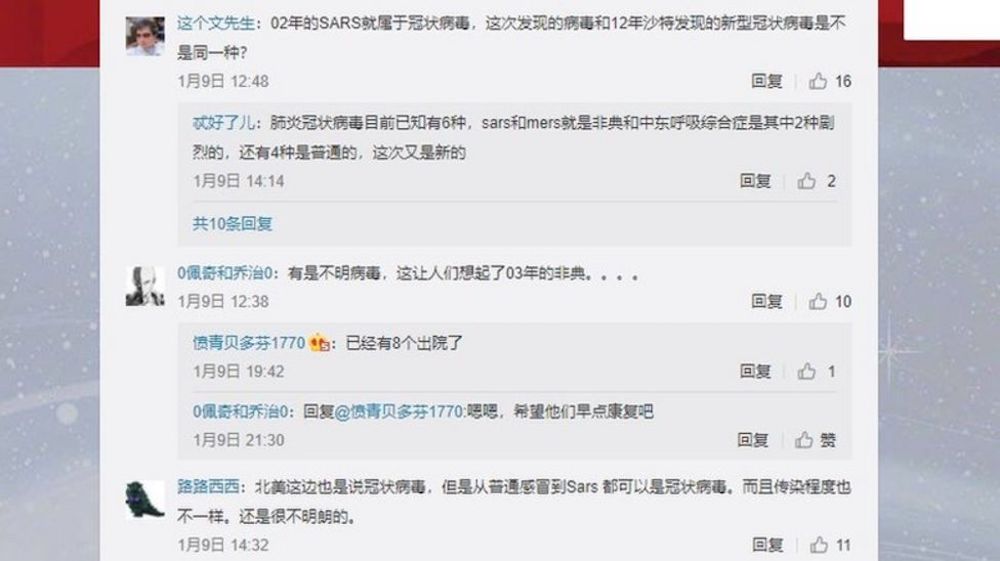
It started with outpouring messages of anger, with citizens declaring their fury over whether the Chinese government was trying to cover up an outbreak. It’s common for social media companies to routinely remove such messages; however, the volume was just too much for them to handle.
Where did President Xi Jinping go?
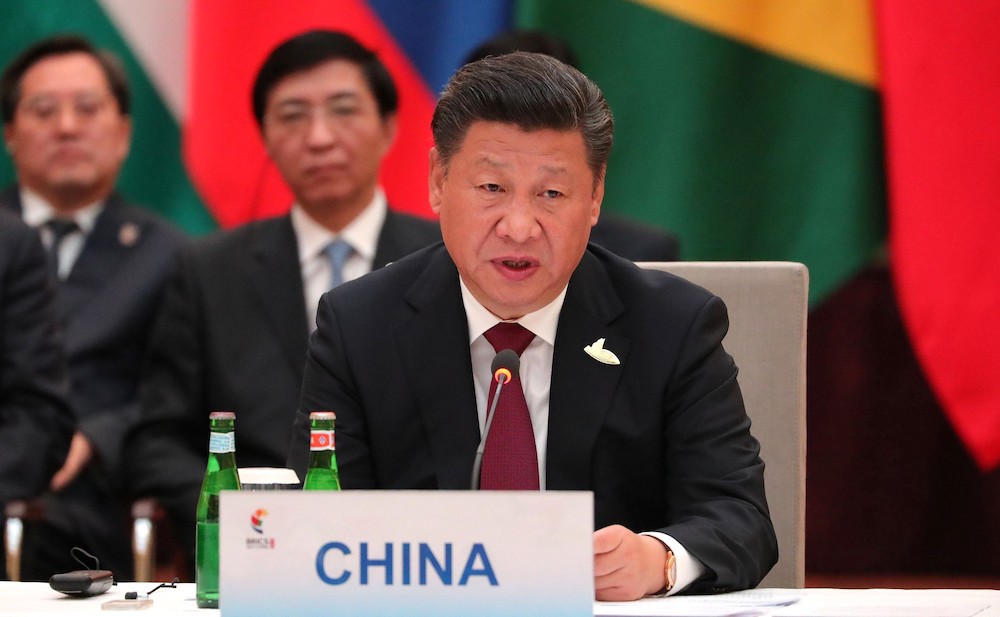
In the middle of January, Chinese President Xi Jinping suddenly disappeared from all public mention. No public appearances were scheduled, with any pictures of him being conspicuously missing from the newspapers. This naturally led to much speculation and, to some extent, vicious finger-pointing.
Leading officials issued warnings not to cover up news of the spreading virus, deeming anyone who did so to be “nailed on the pillar of shame for eternity”. The situation was reminiscent of the SARS virus in the early 2000s, information about which was initially withheld by China as well. Risks were downplayed, information was not released in a timely fashion… and on top of under-reporting the number of confirmed cases, it seemed as if citizens had enough and was doing all they can to prevent a replay of events.
Clamping down on journalists

An independent Chinese journalist who reported about the outbreak from Wuhan has also been jailed for four years, CNN reported. She was placed in detention prior to her sentencing, to the extent where she had a feeding tube attached to her nose and mouth. Other journalists created multiple videos that tried to paint a picture of what was happening in Wuhan; however, several of them were arrested due to threatening the “official narrative of Beijing’s response”.
Other cities chimed in as well, with Beijing News even asking “why didn’t Wuhan let the public know sooner?”. Mr Xi made a reappearance in February, as a beacon of confidence that China was on its way to recovery. However, was it already too late?
Whistleblower doctor
Li Wenliang was a doctor in Wuhan, who initially tried to sound the alarm about a ‘SARS-like virus’. However, his warnings went unheeded, ending up with him being formally reprimanded for “disturbing social order” by “making false comments” and “spreading rumours”. Unfortunately, he passed away in February 2020 after contracting the virus.

Many netizens expressed their grief, or left messages of support, on Weibo; in a shocking turn of events, many of these posts were subsequently removed from the platform. The hashtag “Wuhan government owes Dr Li an apology” went viral, but was censored in the end as well. Netizens started posting various comments to the government demanding an answer, which were ignored.
What is today’s reality?
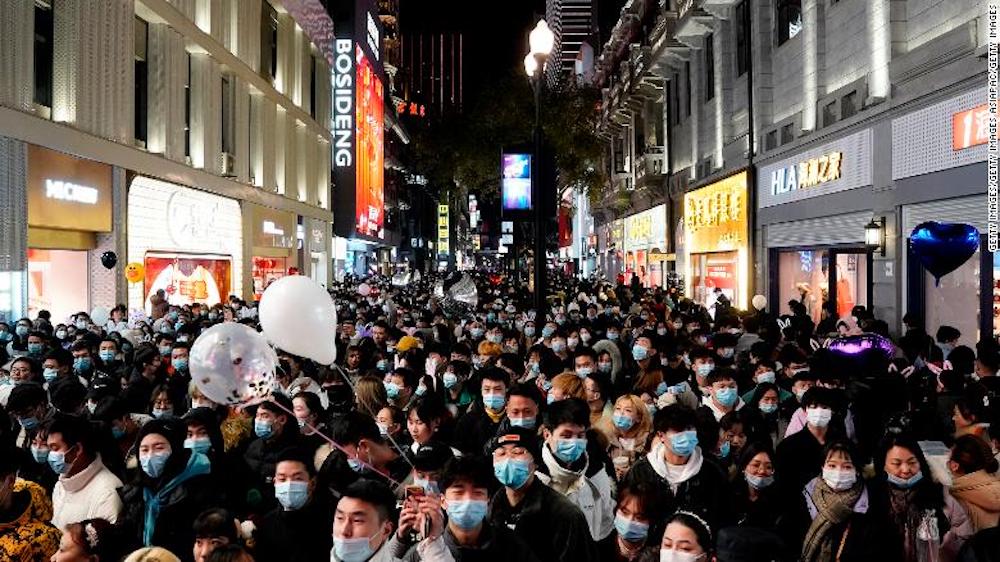
Pictures have surfaced of a packed Wuhan on New Year’s Eve, a far cry from many nations around the world. Widely known as the epicentre where the virus first originated, what exactly is the situation in Wuhan now, and how have they managed to seemingly eradicate the virus so quickly?
Indeed, many have expressed their concerns that post-pandemic programmes and circulars are not quite depicting reality as it should be. China has even taken to emphasising how other countries have handled the virus poorly, even going so far as to deem the virus the “America virus” or “Trump virus”.
Is China portraying an overly optimistic front? Perhaps only time will tell.
Join the conversations on THG’s Facebook and Instagram, and get the latest updates via Telegram.



